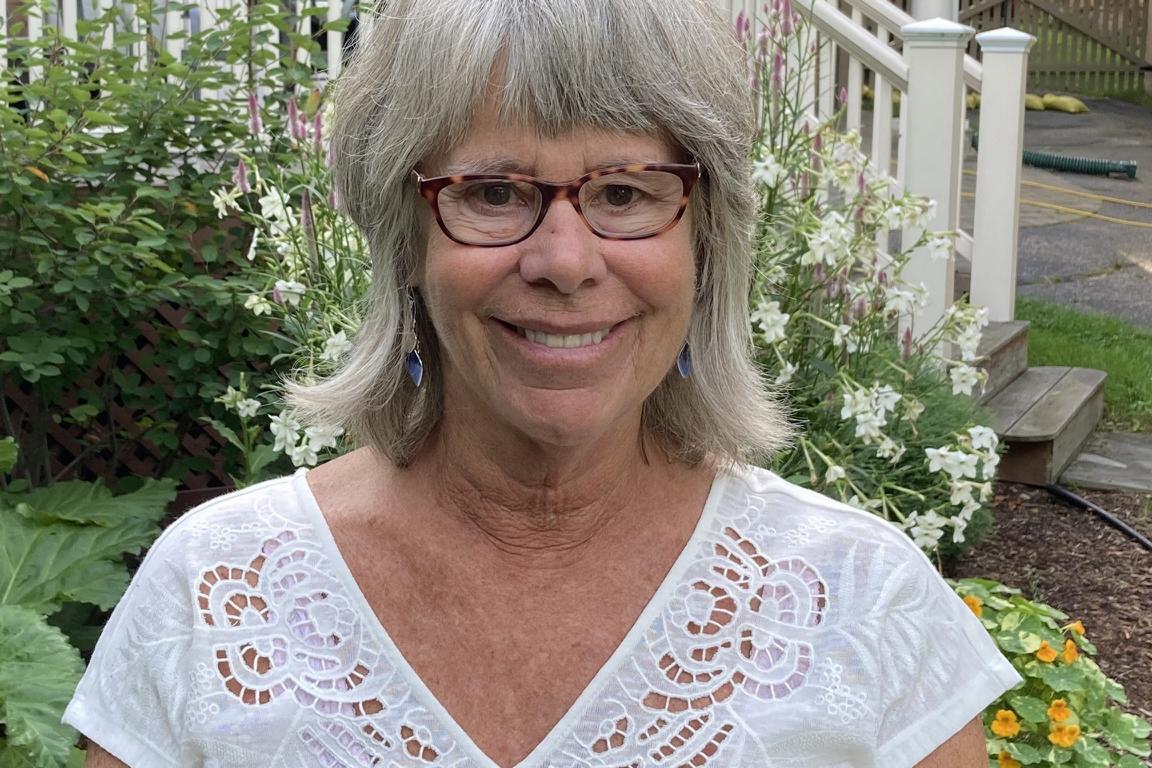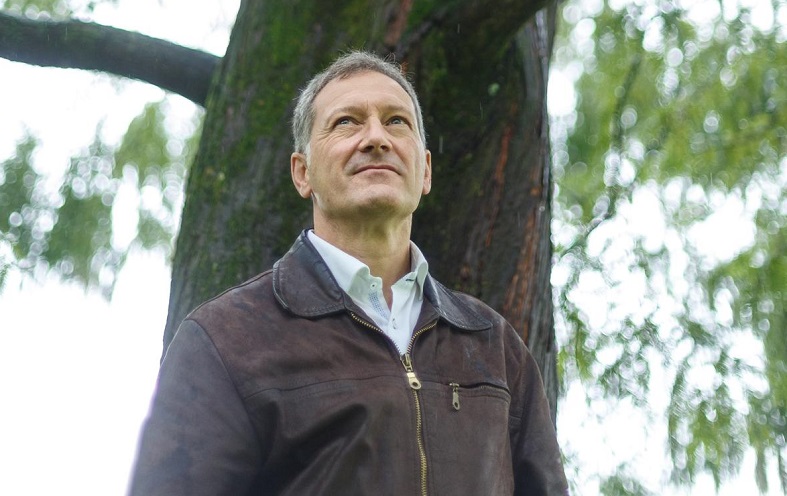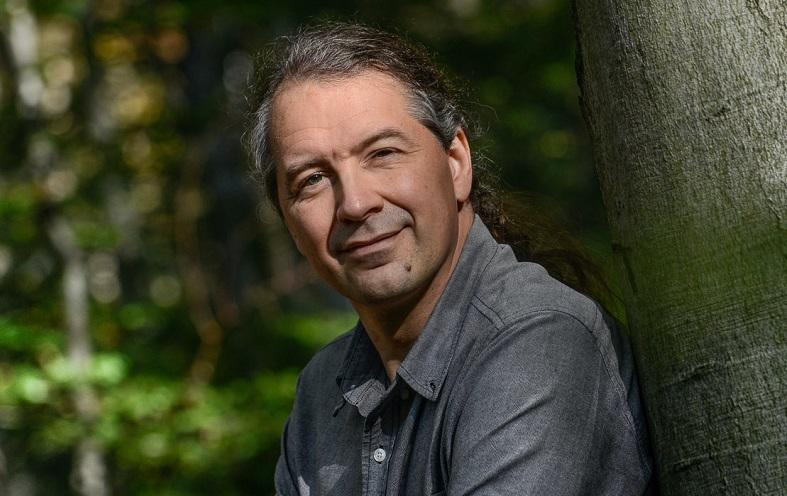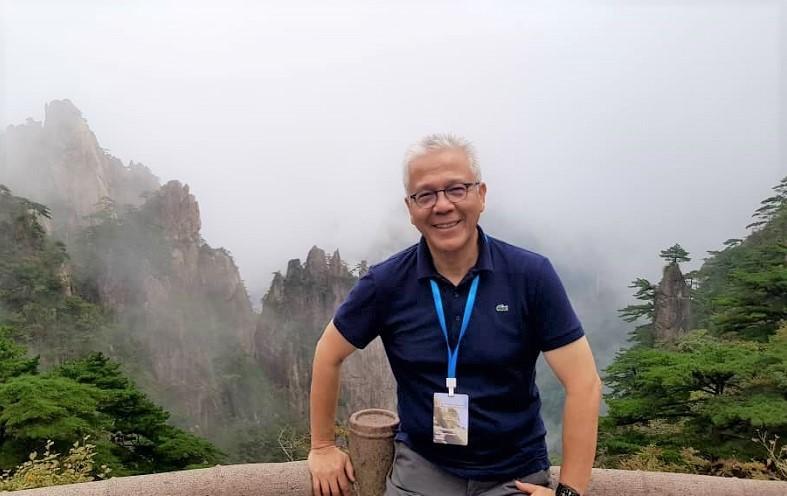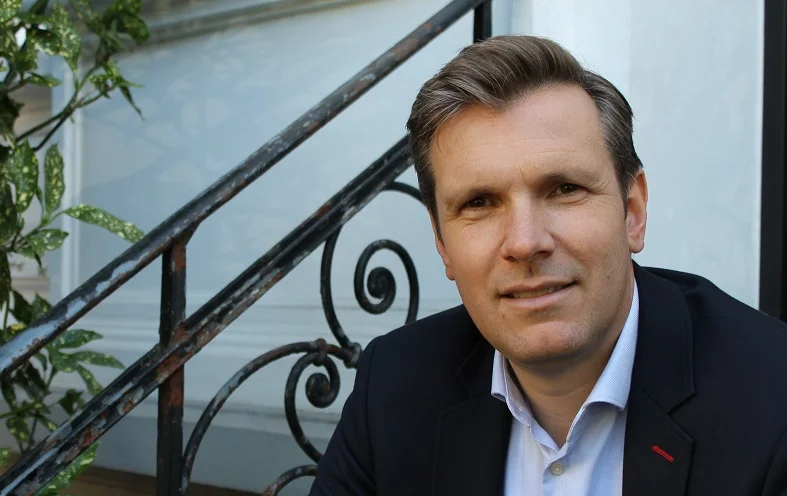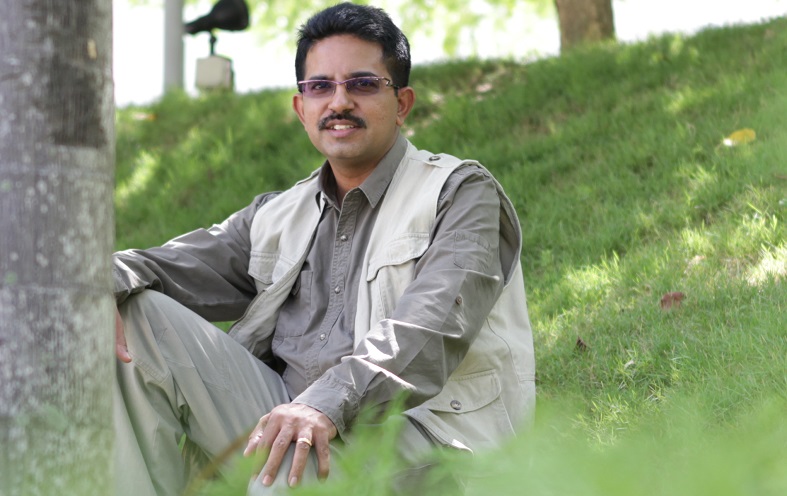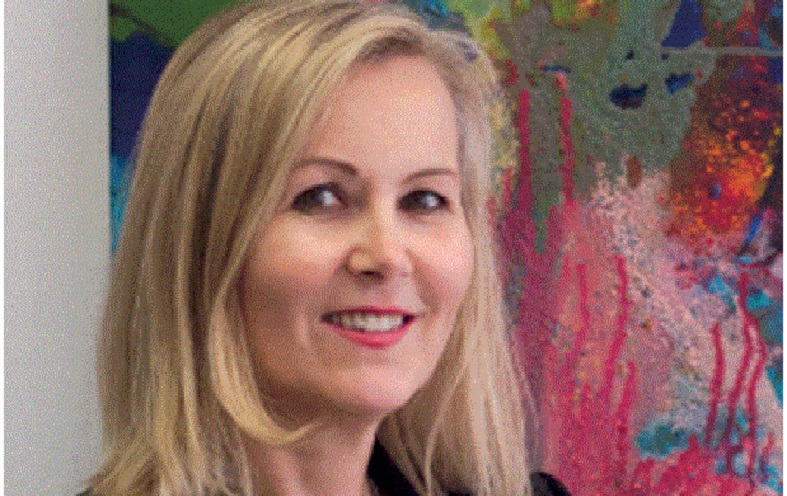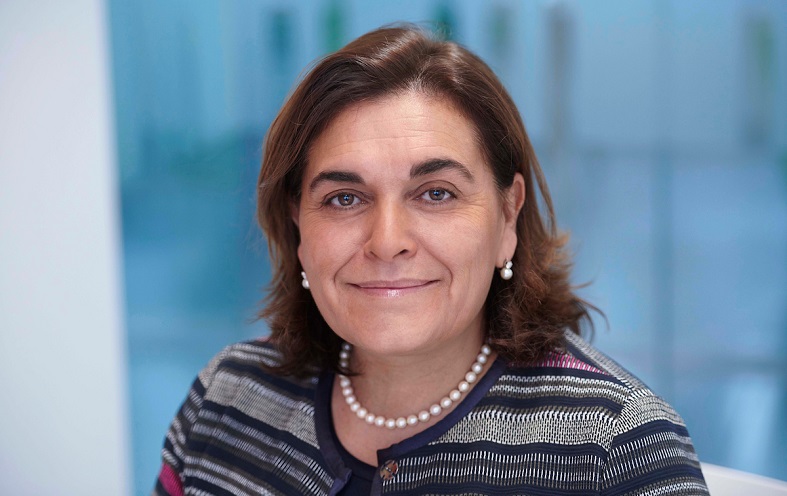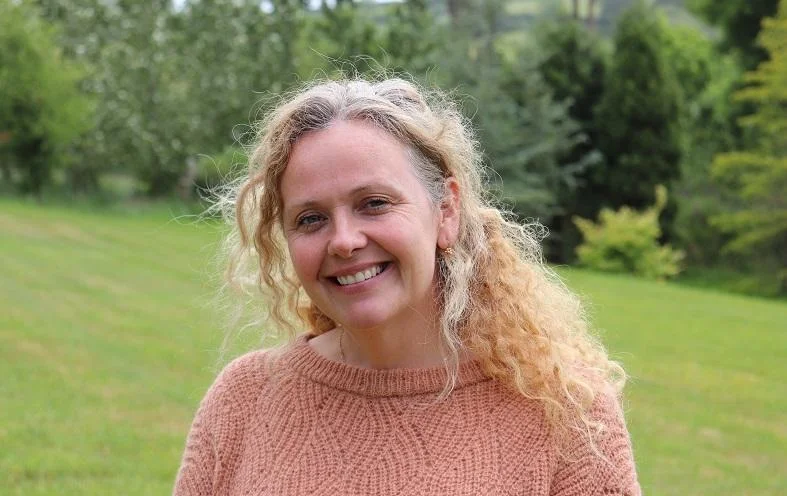
How can beginners and mid-level professionals in the travel industry strengthen their core skills in responsible tourism management?
Lucy McCombes, Senior Lecturer at Leeds Beckett University, in our interview introduces the MSc Responsible Tourism Management course at Leeds Beckett University in the UK and shares her experience of training future sustainability changemakers on the business practices needed to improve the quality of life for communities and to conserve the environment and local cultures. She also takes us to Africa where she has been working with a wide range of stakeholders and communities to improve livelihoods, most recently through the Ninki Nanka Trail in The Gambia.
Lucy, you have been teaching the MSc Responsible Tourism Management course at Leeds Beckett University for over 10 years. Do you remember what first got you interested in the topic, and in teaching?
Family holidays to places like India and Mexico sparked my early interest to travel and work in overseas development. This shaped my decision to take a few years out volunteering to get some work experience in Ghana, Jamaica, and India, which is when I first started thinking about the impacts of tourism and its potential for poverty reduction.
I went on to study a MA in Social Anthropology of Development at SOAS (University of London) and then spent several years of my career working in community development in Mali and Plymouth (UK).
I really enjoyed working as a practitioner, trying to engage communities in an incredibly wide range of development projects, but ended up feeling like a ‘jack of all trades but master of none’.
It was in this headspace that I found out about the MSc Responsible Tourism Management course when I read an article by Professor Harold Goodwin in the Geographical Magazine and decided to do the course myself to help me specialise in development within the tourism sector.
I studied between 2006-08 when the course was based at the Medway Campus of the University of Greenwich, with a couple of modules being taught in The Gambia alongside Gambians practising responsible tourism. This I found really inspiring and I have ended up studying, volunteering, or working in The Gambia ever since!
In fact, I did my first ever teaching in The Gambia a couple of years after I had completed my MSc, when I was asked to cover teaching for one of the modules and found it surprisingly enjoyable!
After this I joined a fabulous team at Leeds Beckett University, where I have been teaching on the MSc, researching and doing consultancy around responsible tourism management for almost 11 years now.
Briefly, who is this course for and how does it prepare the next generation of sustainable tourism champions?
As my own story shows, our MSc Responsible Tourism Management course is aimed at early and mid-career professionals who are keen to apply their existing experience to the tourism industry, or to those who want to apply responsible tourism management and practices to their existing work in tourism. It covers responsible business practices that improve the quality of life for communities and conserve the environment and local cultures.
Our approach to teaching applied field trips and working closely with industry partners (our course is UNWTO TedQual certified) encourages our students to apply their learning and assignments to their own interests and current work in tourism.
Our modules support our students to assess and monitor the complex impacts of tourism and implement responsible tourism strategies within marketing, operations and product development. It is delivered face-to-face as a full-time course at Leeds or via distance learning supported by tutorials, our university’s Virtual Learning Environment (VLE) and regular contact points to meet in person.
Engagement with our inspiring network of alumni and responsible tourism practitioners around the world is a fantastic asset and is something that has really motivated and helped me personally. This network includes five cohorts of students hosted by partners in The Gambia, Mauritius and Kenya who have studied/are studying our MSc through funding from the Commonwealth Scholarship Commission.
Where do you think the future of sustainable tourism research is leading? Are there any topics you think should be addressed more by academics?
I think the future of sustainable tourism research has received an immense shakeup with the rapidly evolving impact of the COVID-19 pandemic. More than ever, academics will need to justify their research in terms of the impact it has on society and engage in research that is applied and industry-driven to support the sector through the current crisis and to recover.
I think sustainable tourism research will need to focus more on identifying bold (and perhaps unpopular) alternatives to ‘business as usual’ that support the transformation of business practices and economies if the goals of sustainability are ever to be achieved. This is a tall order in the future context of a global economic recession. But there is some hope that this is possible.
This is the first time in history that there has been such widespread acceptance that tourism and travel need to be different and better for the planet and its inhabitants, which means the sustainability movement has the attention of more people than ever before.
To your mind, which are the main topics and concerns linked to tourism sustainability at the moment, especially for destinations?
The main topics and concerns that come to mind are:
- the potential of the circular economy for revolutionising the industry and how destinations are managed
- growing consumer demand for transformational and experiential travel shaping new tourism products
- responsible management of the environmental impacts of tourism
- conservation of endangered species
- the meaningful engagement of communities and other stakeholders in planning and pioneering a way forward for tourism at a global and local level.
Having been involved in the development of the Ninki Nanka Trail in The Gambia – touted as a responsible community-based tourism experience: how does this project benefit the local community and wider destination?
The Ninki Nanka Trail is a Gambian initiative which was recently launched by the Gambia Tourism Board, that aims to pioneer a responsible approach to community-based tourism in rural communities along The River Gambia, bringing together a wide range of stakeholders and communities. It is envisaged that the trail will benefit the local community and the wider destination in a number of ways, such as creating additional livelihoods through tourism for rural communities, demonstrating and pioneering responsible tourism practices that can be rolled out in managing other destinations in The Gambia.
It helps in raising awareness of the local cultural diversity, natural and cultural heritage, providing a more sustainable alternative to the country’s sun, sand and sea offer, and creating more mutually beneficial encounters between tourists and the locals.
In practice, a responsible approach to planning and product development has been adopted for the trail which has engaged local communities, tour operators and other stakeholders right from the start.
As part of the process, those involved at various stages have carried out
- impact assessments
- market research
- participatory interpretation
- planning to capture different stories along the trail
- responsible tour operator and guide training
- development of a code of conduct
- development of a product catalogue for local tour operators who meet responsible tourism criteria
- pilot trips with our Leeds Beckett students and other adventurous guests
- industry FAM trips
- community capacity building
- product development training
- collaborative branding and
- boat safety training
To keep the momentum going and to support a responsible return to tourism in The Gambia post-COVID-19, myself, Adama Bah and a great team in the UK and The Gambia have just co-founded Ninki Nanka Encounters. This is a Gambian charitable foundation that aims to benefit Gambian communities by supporting the development of the trail and a wide range of associated activities aimed at creating mutually beneficial tourist-host encounters.
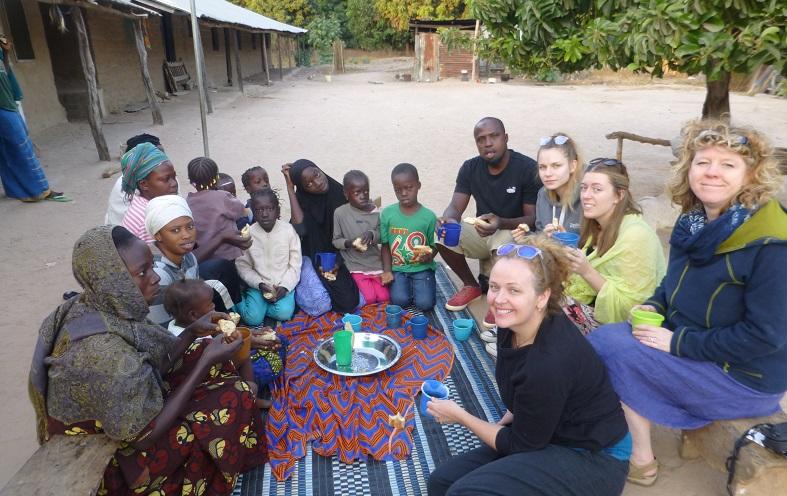
What are some of the challenges that the team had to overcome when building this trail?
The reality of ‘just’ developing a trail along the River Gambia for tourists has been far from easy. The Gambia is an old hand at delivering holidays in the tourist development area and resorts along the coast for a predominantly package market. But community-based tourism is a comparatively new industry requiring different systems, infrastructure, and skills in a very different rural context.
There are inevitably challenges and concerns with trying to scale-up community-based tourism as a vehicle for poverty reduction in a fragile environment. The development of the trail has required working towards addressing issues such as:
- the need for community capacity building to deliver new tourism products and services
- lack of environmental management systems
- gaps in quality tourism accommodation along with some parts of the trail
- funding of tourism infrastructure and
- the tricky situation of ownership and management of the trail in practice since it covers such a large area and includes such a wide and rich range of communities, World Heritage Sites, national parks, private and public owned land and assets, and The River Gambia itself.
However, these challenges have been embraced as part of the long-term plans and hopefully, the Ninki Nanka Trail will be able to play a special part in the future of tourism in The Gambia.
Thank you, Lucy.
Connect with Lucy McCombes on LinkedIn.
Did you enjoy our interview with Lucy McCombes on sustainable travel research, the MSc in Responsible Tourism Management at Leeds Beckett University in the UK, and developing community-based tourism in The Gambia? Thanks for sharing!

